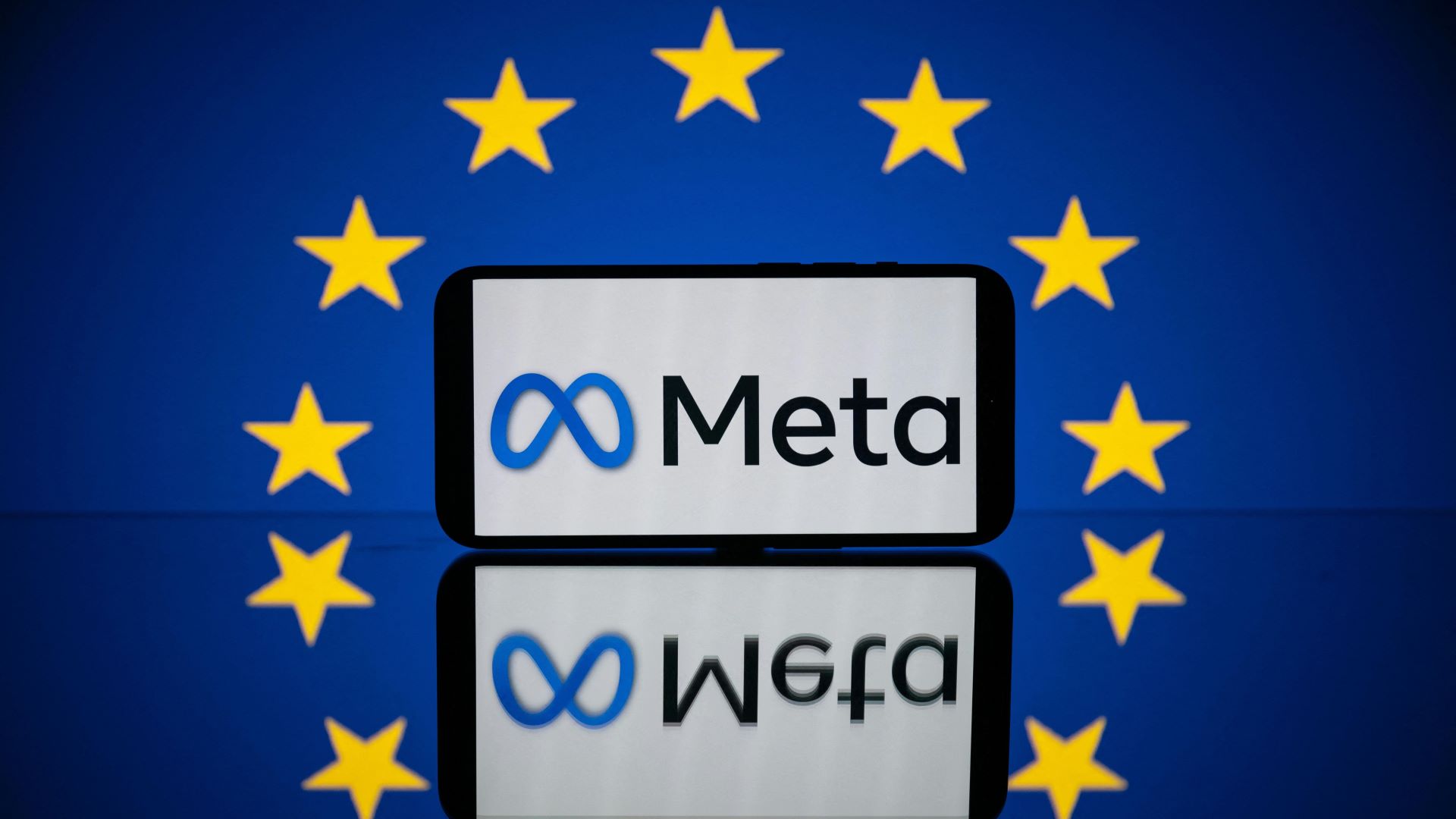EU urged to stop Meta offering an ad-free subscription service in the EU
28 organisations have co-signed an open letter

Sign up for breaking news, reviews, opinion, top tech deals, and more.
You are now subscribed
Your newsletter sign-up was successful
Following Meta’s launch of a paid subscription for ad-free access to Facebook and Instagram in the EU, EEA and Switzerland, 28 organisations have written to the European Data Protection Board (EDPB) for it to be slapped down.
In a press release from late January 2024, while Meta claimed it wants to ‘offer people more choice with how they use [its] services’, it did state that the prospective EU-only manoeuvre is in itself an attempt to comply with the EU’s Digital Markets Act, which first came into force in May 2023.
Per Reuters (paywall), co-signatories to the open letter include Wikimedia Europe, the Irish Council for Civil Liberties, and data privacy advocacy group NOYB. NOYB’s founder, Max Schrems, was one of the key figures behind the successful challenge to the US-EU Privacy Shield in 2020.
Challenges to Meta’s EU ad policy
NOYB was quick off the mark. After the subscription was introduced in October 2023, it raised the alarm in November to the Austrian data protection authority. It, quite reasonably, believes charging ‘up to €250.88’ for a ‘fundamental right to data protection’ is egregious and wrong.
Reuters is reporting that the open letter, which comes as the EDPB is about to issue its guidance on the ‘consent or pay’ model that Meta has already implemented, follows the Dutch, Norwegian and Hamburg privacy regulators prompting the EDPB for an opinion.
Ad-free Facebook holds your personal data to ransom
To be clear, ad-free subscriptions are nothing new. Online media companies often rely on them to (blegh) turn a profit, usually as part of some bonus, such as additional journalistic content.
Facebook doesn’t have the luxury of this defence. Facebook, no matter what it wants you to believe, is not a news source, it’s a personal social networking site. Users engage with it on a personal level, and in response, the ad machine tailors the ads towards their preferences. It’s presently free at the cost of use, unless you count selling your soul.
Sign up to the TechRadar Pro newsletter to get all the top news, opinion, features and guidance your business needs to succeed!
Despite a ban on targeted ads in Europe coming into effect in November last year, Meta’s announcement of the policy in October continued to insist that users who did not pay the fee would continue to see ads that are ‘relevant to them’. While I’m sure this is very narrowly within the law in practice, such a threat continues to highlight the need for privacy advocacy against Meta and other social networking sites offering similar subscription services.
To be clear, all ‘consent or pay’ plans are morally wrong, because all of them turn users into customers and hold their data to ransom. I started writing about Tumblr and Twitter, and comparing their and Meta's approaches, because they’re all doing this, but all it boils down to is that users are being pressured into being commodified in some way or another by social media.
Meta comes off just that bit more off-putting here because it has decided to charge users something to avoid ads, let alone the grossly inflated amount that it is, not in a ham-fisted money-making scheme (seriously, get an ad blocker, or a VPN) but in a brazen attempt to outwit legislators looking to protect the individual.
Meta is not your protector
Meta is ‘offering choice’ and protecting the privacy of EU citizens by charging them silly money. Well, they have to shore up the loss in ad revenue on their balance sheets somehow, and, in doing so, enter into practising greed of another, far more insidious kind.
Meta has brought on this game of cat and mouse itself. Given how brazen they’re being with spinning the choice shtick while fleecing its own users with a two-tier pricing system that charges mobile users more, it stands to reason that they should lose. I won’t even entertain Meta’s defence that an ad-supported internet makes it inclusive, because I’d be here all day dismantling it.
More from TechRadar Pro

Luke Hughes holds the role of Staff Writer at TechRadar Pro, producing news, features and deals content across topics ranging from computing to cloud services, cybersecurity, data privacy and business software.